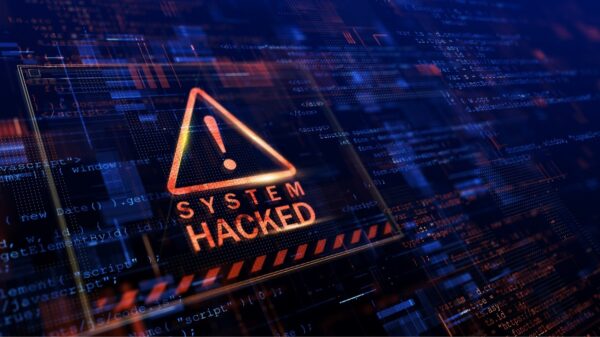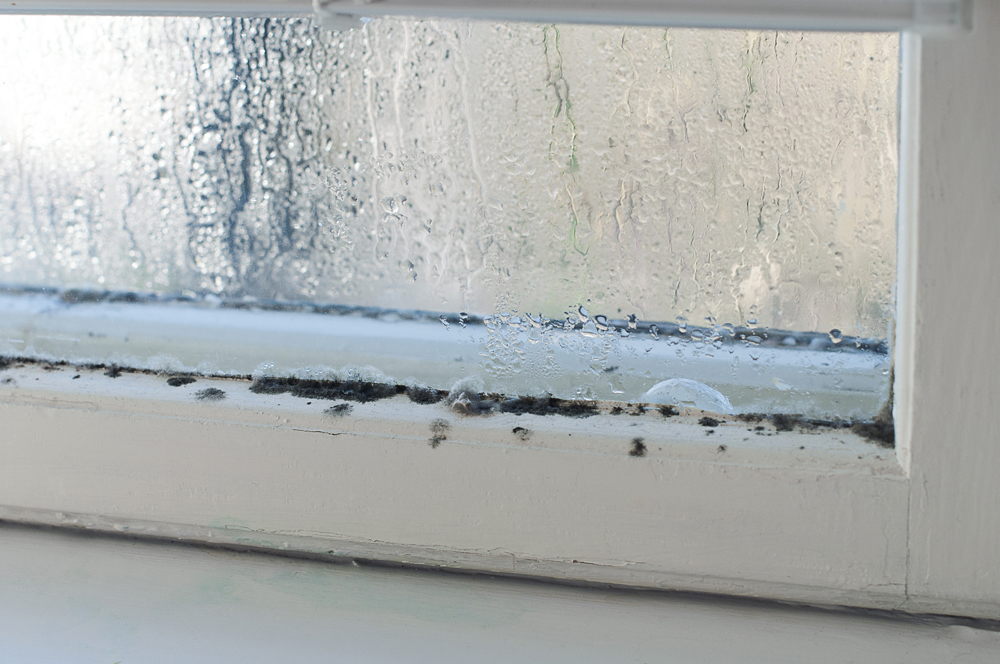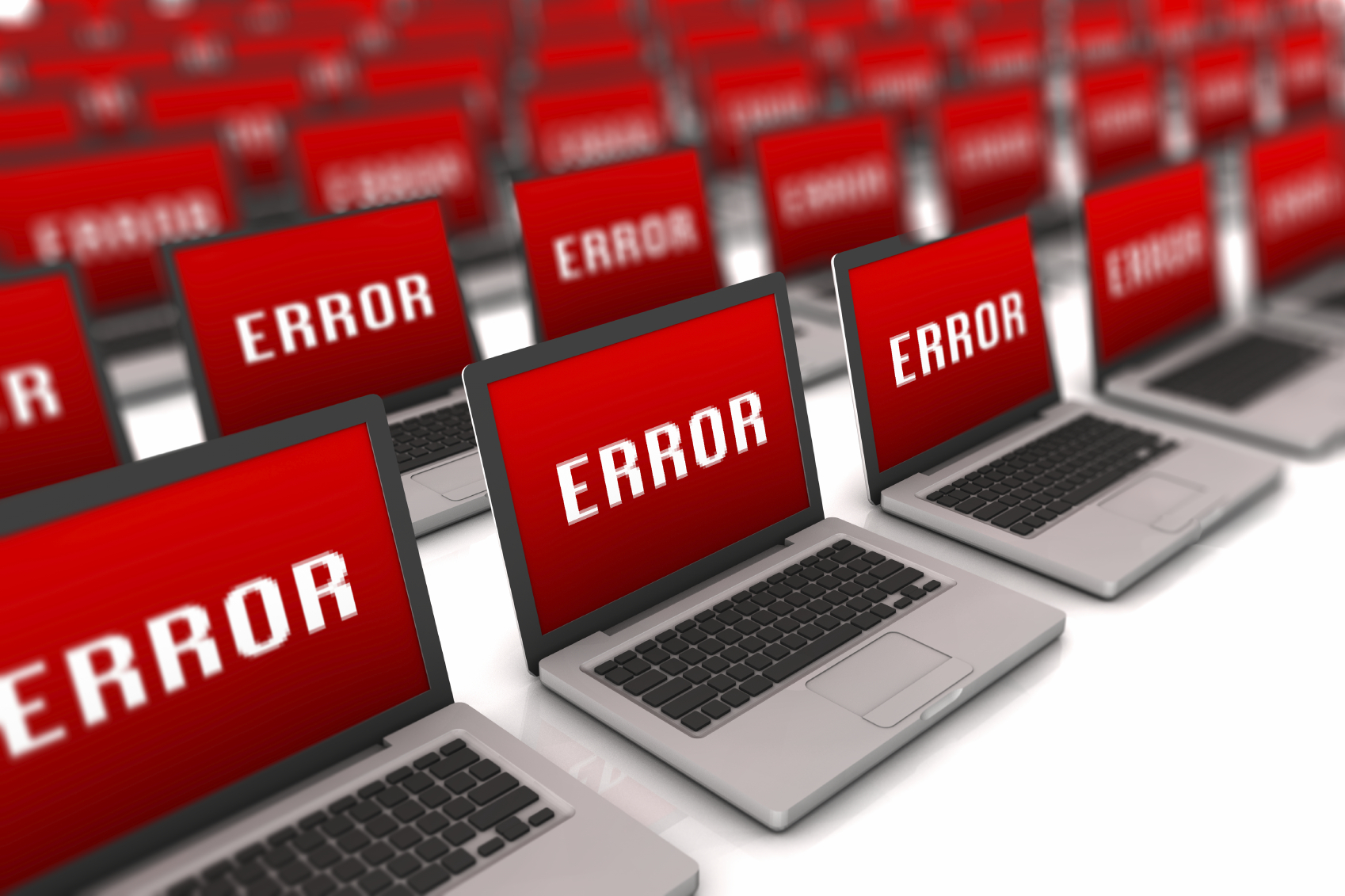Depending on the Windows version you’re using, your computer’s operating system should boot up in a few seconds. For Windows 8 users, the startup time is 18 seconds on an average while for the older version Windows 7, it take approximately 27 seconds. It’s fully understandable if you get annoyed and impatient if your Windows computer take longer than a few seconds to boot up.
So, how do you remedy slow Windows startup? There are a number of ways to speed up slow Windows startup and the first step is to identify the cause of the problem.
Check for Viruses and Malware
Why people invent viruses and malware nobody knows. What you need to know though is that your computer is susceptible to these harmful things. Viruses and malware are two of the main culprits for slow Windows startup and if your operating system is badly hit, Windows may not boot up at all.
Believe it or not, a lot of people neglect the importance of installing a strong anti-virus program on their Windows PC or laptop saying that they won’t need it because they will be extra careful. Don’t commit this same costly mistake. You don’t need an anti-virus program and anti-malware software until you do. Virus and malware creators are becoming smarter so it pays to be protected 100% of the time.
Always keep your virus protection program on especially if you are accessing the Internet via unsecured or public connections and run a full scan at least once every week.
Keep Startup Programs to the Minimum
Do you really need your chat software to open on startup or can you just sign in manually? Is it really important to automatically start whatever pending downloads you might have on Windows boot up or can you just do this a few minutes after startup?
Of course, there are programs that you would want to automatically start such as your anti-virus program to ensure that you don’t leave even the smallest window for viruses to infect your computer.
Too many programs starting automatically with Windows will definitely cause lag so keep these programs to the really essential and to the bare minimum.
Create a Schedule for Hard Drive Defragmentation and Stick to It
Over time, as you create more files and install more programs, your hard drive may become fragmented. Basically, this means that “pieces” of the file or the program get scattered across different sectors of the hard drive. The more fragmented your hard drive gets, the slower your Windows startup becomes.
Normally, Windows automatically triggers hard drive defragmentation through the Windows defrag tool, but it is highly advisable to run manual defrags regularly to achieve optimum Windows performance. For convenience, you can defragment your hard drive on the same day that you run a full scan using your anti-virus program.
Stop Non-Essential Network Connections
On the settings of your computer, you can opt for your computer to automatically connect to networks (both internal and external) and to devices such as printers and Bluetooth enabled gadgets. Similar to programs that are automatically launched at startup, these network connections will cause significant delay in your Windows computer’s startup time. Further, since the success of these connections doesn’t only depend on your computer but also on the connections or devices involved, your startup process may become sluggish if there are issues with them.
Again, only automate the launch of these connections if it’s really necessary. Otherwise, it would be best to just manually connect to them.
The Most Dangerous Culprit of Slow Windows Startup
The last three reasons above on why Windows could lag at startup can easily be detected with easy-to-use diagnostic tools and can easily be remedied by making a few tweaks on your computer’s settings. However, when it comes to computer viruses, the effects are usually severe and most of the time, they are also irreversible. Repairing a computer devoured by viruses will cost you a lot of money.
This is why you need to have your anti-virus program on all the time. Viruses and malware will not only affect your Windows computer’s startup time, but its entire operations. Compared to the value of what you can lose if a virus infects your computer, investing in a good anti-virus program is just a speck in the bigger scheme of things.
James is a tech blogger who has a passion for Windows troubleshooting. He loves to share his views on computer security, latest cloud antivirus protection and general PC tips and tricks.























































































































































































